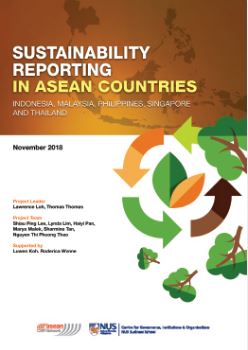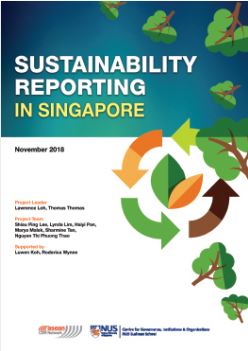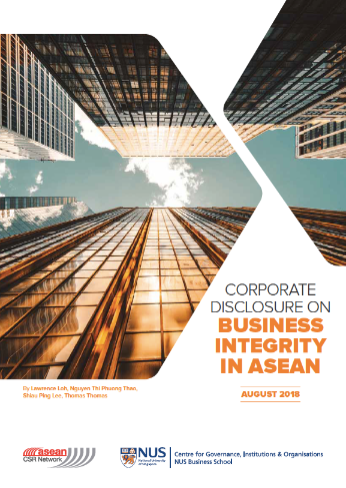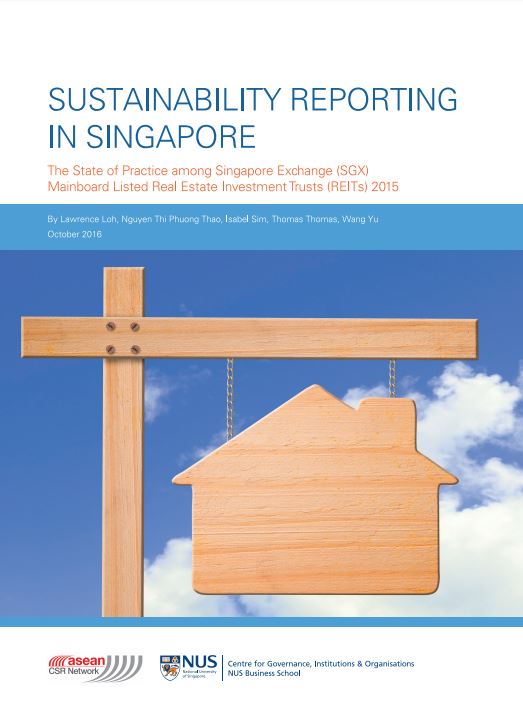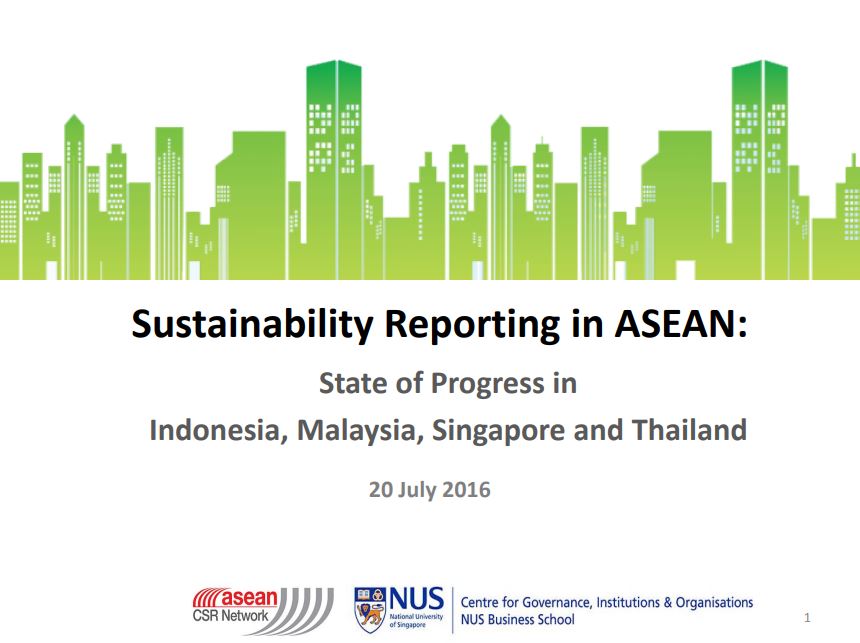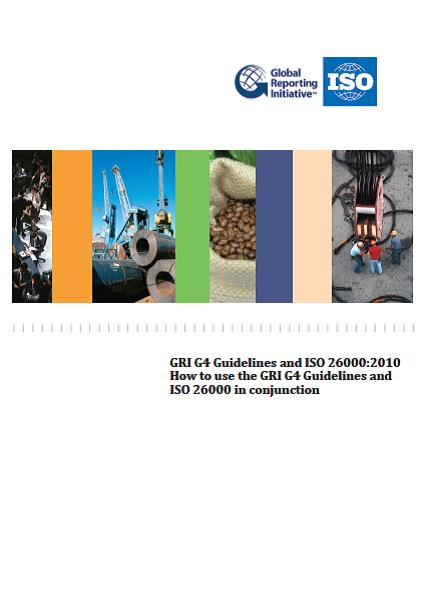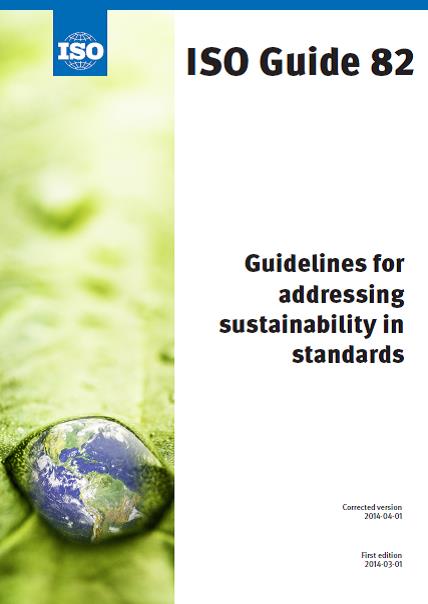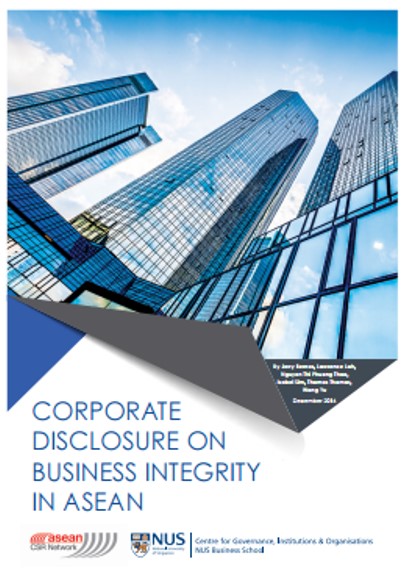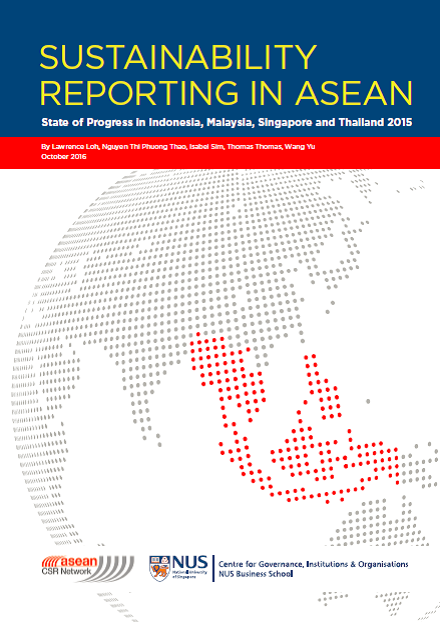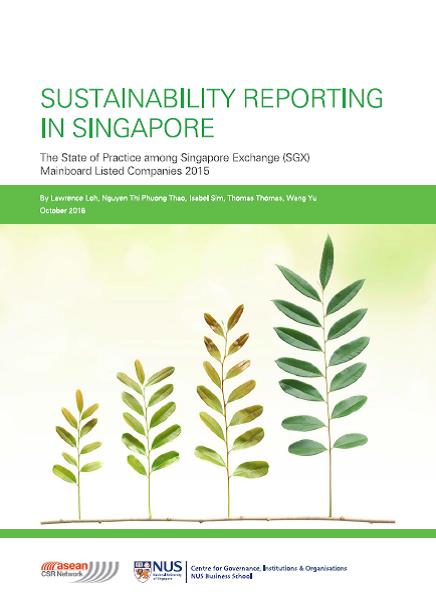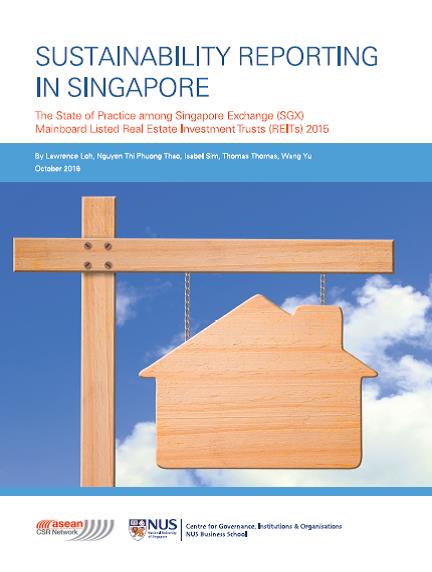Sustainable Consumption and Production - Baseline Research for ASEAN
Sustainable consumption and production is highlighted as a component of the ‘Sustainable’ elementSustainable consumption and production is highlighted as a component of the ‘Sustainable’ elementand characteristics in the ‘ASEAN Socio-Cultural Community (ASCC) Blueprint 2025’ (ASEAN Secretariat,2016). The ASCC blueprint forms one of the four pillars identified in ‘The ASEAN 2025: Forging AheadTogether’ work plan endorsed by ASEAN Leaders at their 27th Summit in 2015. This study identifiedcarbon footprint for consumer goods, energy efficiency and recycling as key contributors to managingthe environment and scarce resources for a sustainable future.
This report reveals that while some progress is made, much remains to be done. It is clear that thecomplexities and difficulties in implementing, executing and monitoring a coherent set of guidelines,policies and laws are not easy. The establishment of ASEAN Centre for Energy (ACE) provides a goodindication that it is possible to manage complex issues and problems and provides a reference forsimilar task force such as this to be established for the efforts in reducing carbon footprint andincreasing recycling efforts for a sustainable future.

